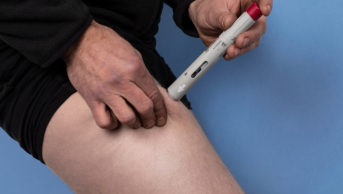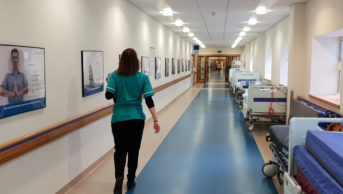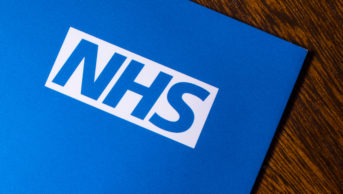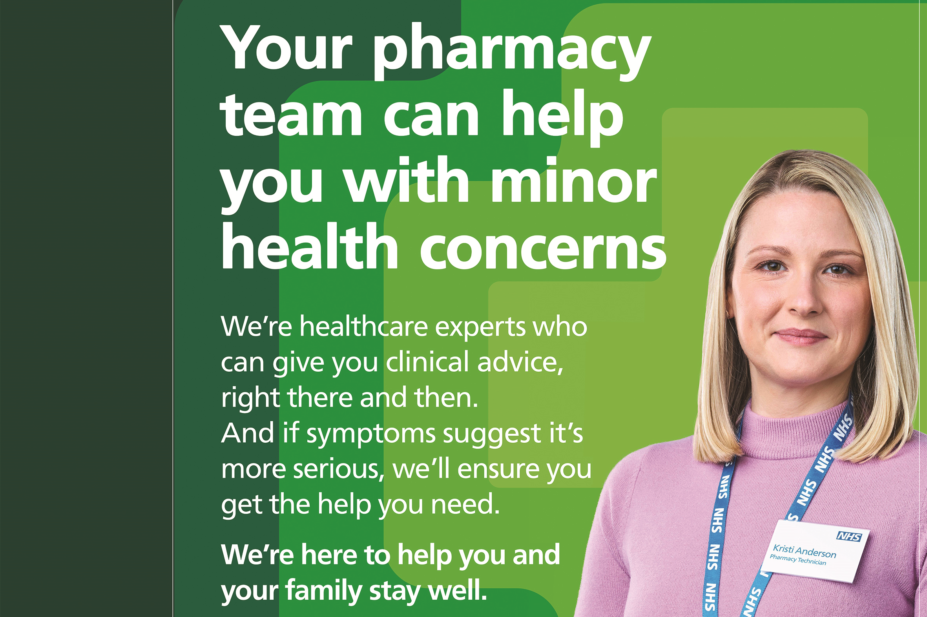
NHS
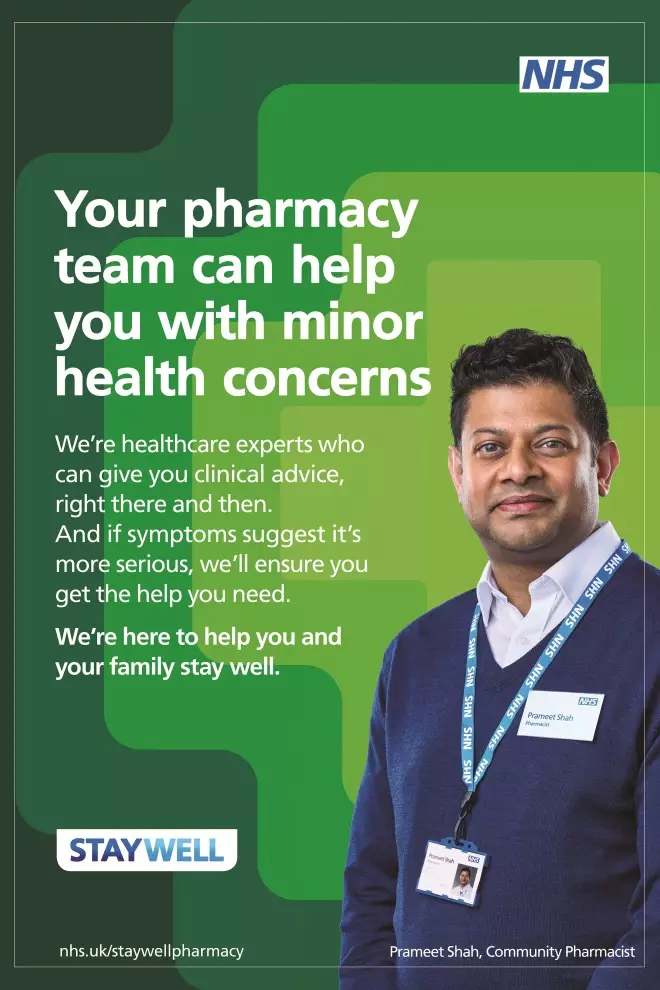
Source: Courtesy of NHS
The personal touch: NHS England hopes that promoting pharmacists will reduce the almost 20 million annual visits to GPs and hospital A&E departments
NHS England has launched one of the biggest ever campaigns to encourage people to use pharmacies.
The Stay Well Pharmacy campaign urges people to consult pharmacists first for minor illness, instead of GPs or A&E, in a bid to reduce pressures on those services.
A survey carried out for the campaign found only 6% of parents with children under the age of five years would visit a pharmacy with minor health concerns. More than a third (35%) would opt for an appointment with their GP, while 5% of those questioned would choose emergency care as their first point of call.
This is despite the majority of adults (79%) saying they were aware that pharmacists are qualified healthcare professionals who can give advice on the most common illnesses, including when and where to seek advice for more serious conditions.
NHS England estimates that around 18 million GP appointments and 2.1 million visits to A&E are for self-treatable conditions, such as coughs and stomach troubles, costing the NHS more than £850m each year, which it described as the equivalent of more than 220,000 hip replacements or 880,000 cataract operations.
As well as saving the NHS money and helping free up GP time for sicker patients, NHS England said millions of parents could get “more convenient and timely expert advice” if their child has a minor illness by opting to visit their local pharmacist first instead of their GP.
An estimated 95% of the population of England live within a 20-minute walk of a local community pharmacy, but the NHS England survey found a quarter of people (26%) felt it was difficult to discuss health concerns in private with a pharmacist, with more than 90% of people unaware that many pharmacies have a private consultation room.
NHS England said it was working with community pharmacies to increase the range of patient services they provide, including asthma audits and flu vaccinations, and to promote the clinical expertise available from the pharmacy team.
The Stay Well Pharmacy campaign will be supported by a TV advert and digital and social media advertising, and Bruce Warner, deputy chief pharmaceutical officer for England, said that pharmacists were “highly trained NHS health professionals who are able to offer clinical advice and effective treatments for a wide range of minor health concerns right there and then”.
If patients’ symptoms suggested “something more serious”, pharmacists had “the right clinical training to ensure people get the help they need”, he added.
Royal Pharmaceutical Society English Board chair Sandra Gidley said it was “great to see a campaign putting pharmacists at the front of people’s minds when it comes to getting clinical advice and over-the counter-medicines for minor health concerns”.
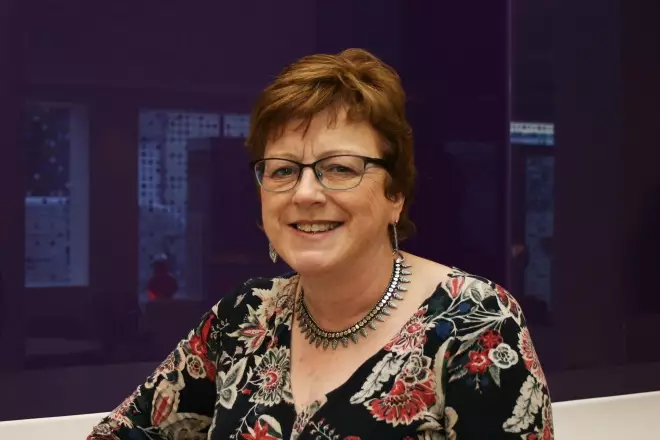
Source: MAG / The Pharmaceutical Journal
Sandra Gidley, chair of the Royal Pharmaceutical Society English Pharmacy Board said it was “great to see a campaign putting pharmacists at the front of people’s minds when it comes to getting clinical advice”
But some concerns over the campaign have been expressed. Ron Daniels, chief executive of the UK Sepsis Trust, said the advice should have been “caveated”.
“If a child has symptoms of infection but the parents are concerned and suspect their child might be more seriously unwell, it’s important that they are encouraged to trust their instincts,” he said.
“Parents with a child who seems unusually ill should call 111, check sepsis symptoms online and follow advice accordingly.”
